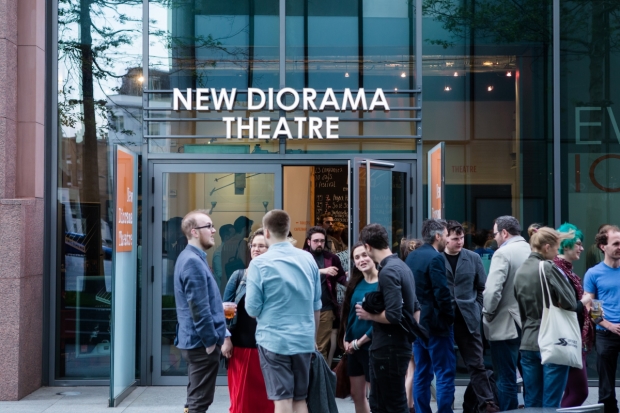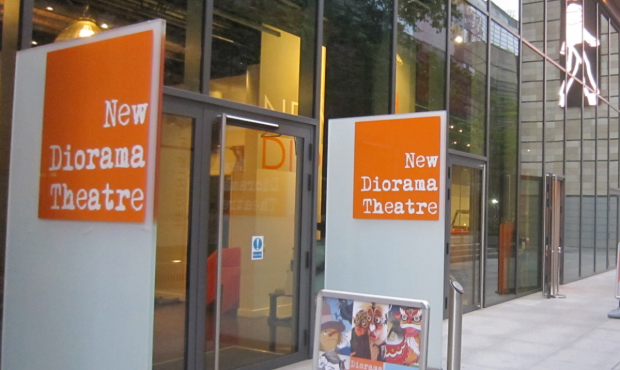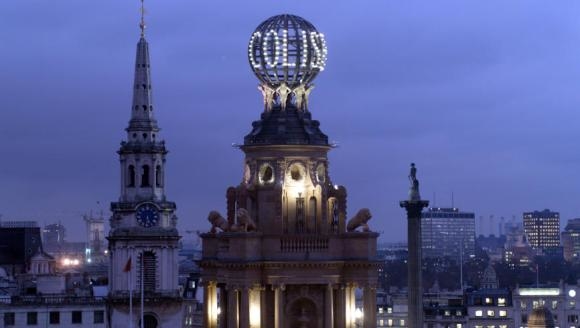The Germans have arts funding right: why doesn't Britain follow their example?

There are moments when I long to be German.They eat pretzels stuffed with cheese for breakfast, they have the best cakes in the world, and some of the greatest ever composers. And they believe in culture. The German government has just announced its intention to boost arts spending by 23 per cent or around 300 million euros a year. It is wonderful.
If I'd been anywhere near her, I'd have hugged the minister for culture Monika Grütters. Even better than the announcement of such an increase is her reason for doing it. "Culture is the foundation for our open and democratic society," she said. Hurrah, hurrah, hurrah.
Compare that with the UK where the minimal support from the government to the arts is always the first thing to be snipped in any austerity round. And the first thing to be mocked too. As if art and culture are dirty words, of value only to a snooty elite.
I am so tired of it. It makes me so depressed that the big announcement of this week in theatre funding in Britain was that the excellent New Diorama Theatre is going to change its programming model so it will reduce the number of companies presented in its new season from around 30 to seven, in order to make a game changing difference for the most talented groups.
How nice it would be if artists didn't feel they were carrying around the begging bowl
With limited funding, the theatre in north London, will "demonstrate confidence" in artists by giving them £10,000 in upfront investment, a standard five-week run, a full tech week and press and marketing for each show. This should allow them to be in a position for them to develop their show for mid-scale venues. Partners include the Royal and Derngate in Northampton, the Barbican and 59E59 in New York.
It is not a bad plan and has been widely welcomed. But if you put it another way, it is going to cut loose 23 reasonably talented groups who might just need a leg on the ladder and now won't get it. And they are only doing that, because there isn't enough money to help more. How nice it would be if there were dozens of New Dioramas all around Britain giving support to dozens of companies, and if artists with ideas didn't feel they were carrying around the begging bowl every time they wanted to get a project off the ground.
I know there are problems with the German model. I have had enough friends who have worked in German institutions to know that the plentiful funding doesn't always breed innovation and enthusiasm; sometimes it triggers complacency and stasis. But it can also support work of profound depth and exploration. And how wonderful it must be to work in a country where people in power think what you are doing matters and don't mock your endeavours. How great to be supported and loved.
The post-war consensus that a country needed the arts paved the way for the great explosion of writing
There have been glorious moments in British culture where governments backed the power and significance of culture. The post-war consensus that a country needed the arts paved the way for the great explosion of writing and creativity in the late '50s and '60s; in the same way the backing that came from the Blair government, meant that our theatres were rich with work that broke new ground and an entire generation of playwrights (whose work we still enjoy now) didn't have to starve in a garret to write their first play.
It was still hard, yet that comparative plenty has slowly been eroded. We are still riding the wave of the developments that were made then; with the arts being bottom of everyone's agenda and the flow of financial support slowing to a trickle, I doubt the picture in 20 years will be as rosy.
More importantly we are absolutely back to the bad old days where believing in the transporting power of a play, or its right to comment on society, is regarded as somehow the province of a pampered class. It's OK to like cinema, big, empty spectacles that mean nothing; but suggesting that it might actually be worth investing in a piece of theatre, or an art exhibition, or heaven forfend a dance work, and that everyone has a right to see such things, is somehow seen as a sign that you are hopelessly naïve and idealistic.
So hurrah for the Germans. Culture is central to society. It matters and with every library closure, with every cut to a local authority arts budget, and every small chop to the Arts Council grant, we are saying that culture doesn't count. And making ourselves poorer and smaller in spirit in the process.

















